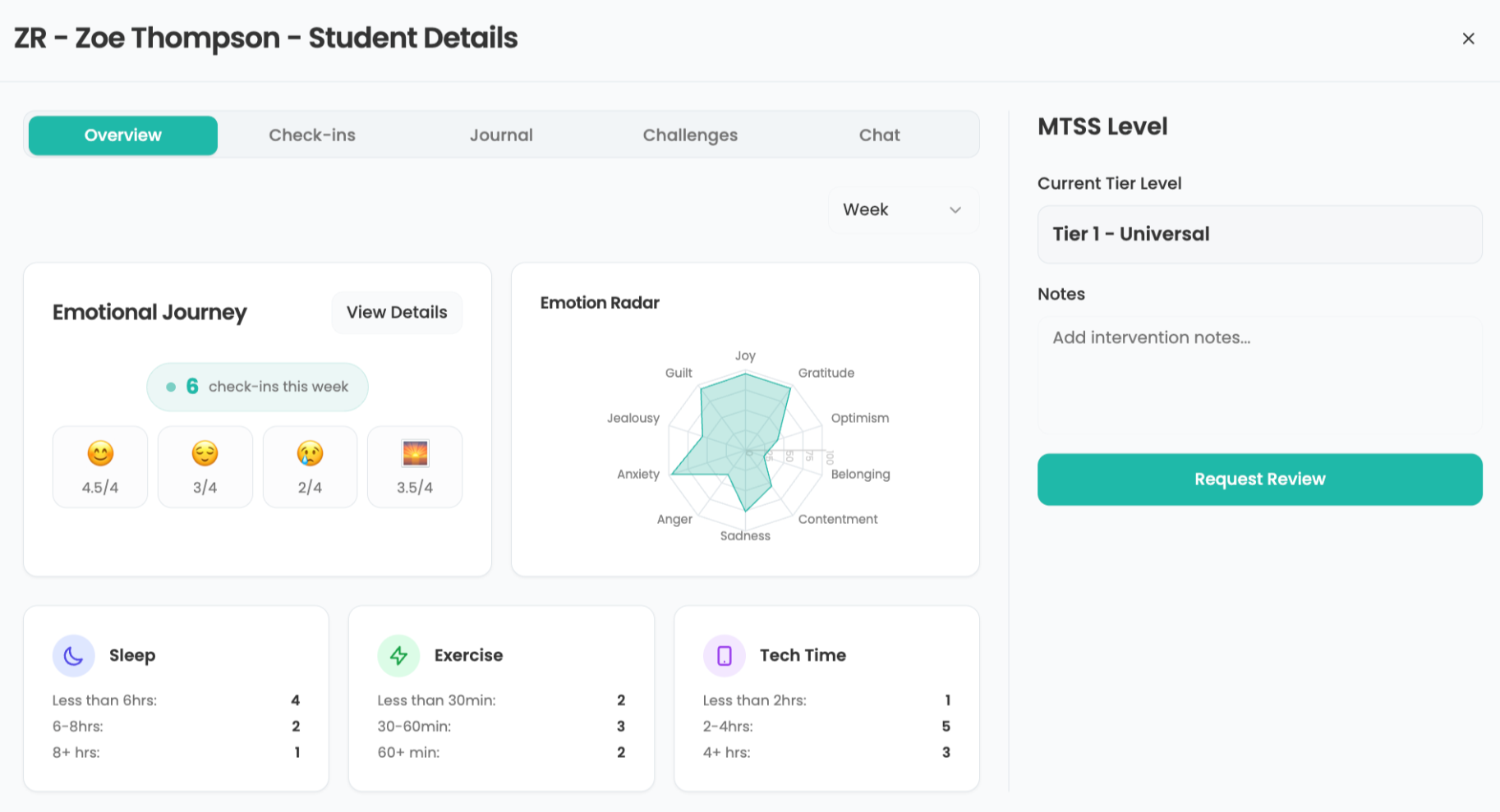NCLB: Tell Me What You Really Think
Readers responded in force to an earlier brief on the Phi Delta Kappa/Gallup Poll of the Public’s Attitudes Toward the Public Schools. The study found 37 percent of Americans say No Child Left Behind has made no difference in school performance; 21 percent believe NCLB has hurt schools; and 26 percent say the law has helped. The report also found 81 percent of respondents prefer measuring student improvement throughout the school year as opposed to using a single standardized test. What follows are selected responses, some of which have been edited for clarity.
Measuring the Wrong Skills
When High School diplomas read, "This is to certify that __________ has learned to pass the test," then NCLB should remain as is. When the U.S. realizes that our graduates can't think critically including being able to problem solve, evaluate and synthesize information, then student achievement will be measured by authentic assessments. I realize the complexity of standardizing this type of assessment but not everyone is the same. NCLB has done a wonderful job targeting the lowest common denominator and watering the educational system down to test results. Students today will require skills that will allow them to adapt to their future. Taking tests will not be a part of that future. Every day that is spent on test-taking skills and test-prep is one less day our students are receiving a quality education.
—Marcie Zisow
Keep Public Out of It
I don't think that public opinion should influence the NCLB act. Educators should take the leadership role. Asking the public is like asking a shoemaker of his opinion on a heart surgery technique.
—J. Nilsen
NCLB Hurting Education
NCLB has given license to many politically motivated bodies masquerading as school boards to leverage hidden or collusive agendas. In addition, the law and its creators care not one iota about the excessive 180-degree shift in instructional programs that has begun to erode the quality of those students who have always excelled.
The law also does not address or take into account "those left behind" who actively choose to be in that category, but are legally forced under the NCLB umbrella by outdated compulsory attendance statutes or court order.
How about a study that looks at the number of schools that met all the criteria of NCLB before the law and where those schools stand now? My hunch is it would be aborted and lost due to the damning truth it uncovered.
—Anonymous
The Public's Knee-Jerk Reaction
I'm sure most of those polled don't have any idea of what changes NCLB called for, or what it has meant for their schools. Most people just think that anything new or demanding is bad when it comes to education. They're against testing because it does hold their schools, teachers, and students accountable and they don't really want differentiation among kids.
—Anonymous
Tools and ideas to transform education. Sign up below.
If Educators Were Surveyed…
I suspect the feedback from educators would tend to be even more slanted toward the negative, based on discussions I have every day with school officials and teachers. Although they may agree that doing ongoing assessments would be more helpful to children's progress, I suspect they would indicate their district is not at that point where periodic online assessments could be implemented due to budget and time constraints. Most educators who have shared their opinions with me have indicated that NCLB has not adequately funded their mandates, and is unfairly pushing them toward including students in their testing [results] who previously had not been counted.
—Pete Pasnelnik
Hold Parents Accountable
I would like to see some accountability for parents. How is it that some parents have students who succeed and some parents have students who fail? Parents should have standards to be judged on.
—John Funderbunk
Who Cares!
Who cares what people think about NCLB. The studies should find out if students are doing better or worse!
—Mark McAllister
No Shortage of Tests
Some schools require teachers to give tests that look like our state tests every day, once a week, or quarterly. A test a day keeps the children away.
—Virginia Malone
